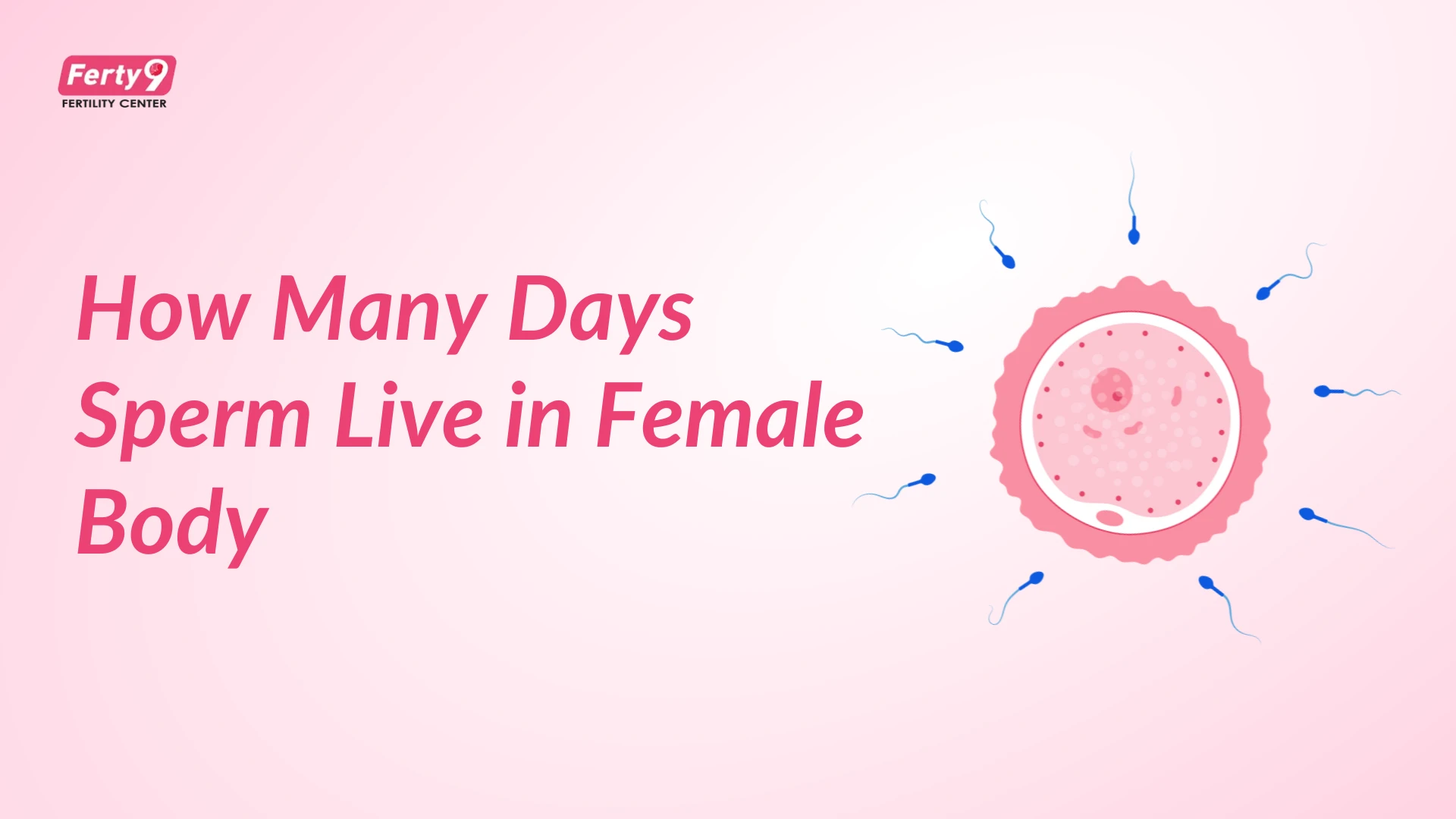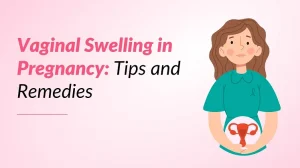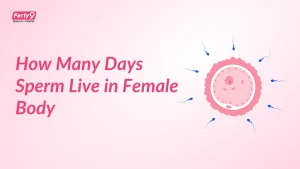When you are trying to conceive, understanding the basics of fertility is one of the most empowering things you can do. A common and crucial question that many couples have is: “How long can sperm survive inside a woman’s body?” The answer is key to timing intercourse correctly and maximizing your chances of getting pregnant.
This guide will explain the lifespan of sperm, the factors that affect it, and how you can use this knowledge to help you on your journey to parenthood.
The Journey of Sperm Inside the Female Reproductive System
After ejaculation, millions of sperm begin an incredible journey. Their ultimate goal is to reach the egg in the fallopian tube. They must travel from the vagina, through the cervix, up into the uterus, and finally into the correct fallopian tube. It’s a challenging race, and only the strongest and healthiest sperm will make it.
Average Lifespan of Sperm in the Female Body
Under ideal conditions, sperm can survive inside the female reproductive tract for up to 5 days. However, a lifespan of 2 to 3 days is more typical.
For sperm to live this long, the conditions inside the woman’s body must be just right. This supportive environment is usually only present during a woman’s most fertile time, right around ovulation.
Factors Affecting Sperm Survival
Several factors determine whether sperm will survive for a few hours or several days:
- Cervical Mucus Quality: This is the most important factor. During a woman’s non-fertile days, her cervical mucus is thick and acidic, which is hostile to sperm. However, leading up to ovulation, the mucus becomes thin, watery, and slippery (like egg whites). This “fertile mucus” nourishes the sperm and helps them swim and survive longer.
- Sperm Quality: Healthy, strong sperm with good motility (movement) and normal morphology (shape) are more resilient and have a better chance of surviving the long journey.
- Female Reproductive Environment: The vagina is naturally acidic. Around ovulation, the pH becomes more alkaline (sperm-friendly), creating a safer environment for sperm to live.
- Timing of Intercourse: If intercourse happens days before ovulation, sperm have a chance to wait for the egg in the fallopian tubes. If it happens when a woman is not fertile, the sperm will not survive long.
Sperm Lifespan in Different Conditions
- In Fertile Cervical Mucus: Sperm can live for up to 5 days.
- In Hostile Conditions (Non-Fertile Mucus): Sperm may only survive for a few minutes to a few hours.
You may hear myths about sperm surviving for a week or more, but this is extremely rare and not something that can be relied upon for conception.
Sperm Outside the Body vs Inside the Body
This is another common question. Sperm need a warm, moist environment to live.
- Outside the Body: Once sperm is exposed to air and dries, it dies within a few minutes. The chance of getting pregnant from sperm on surfaces, in water, or on hands is virtually zero.
- Inside the Body: The female reproductive tract is perfectly designed to protect and nourish sperm during the fertile window.
Importance of Timing Intercourse for Conception
Understanding sperm’s lifespan is key to identifying your fertile window. This is the period of about 6 days each month when you can get pregnant—the five days leading up to ovulation and the day of ovulation itself.
Because sperm can wait for the egg, you don’t have to have intercourse at the exact moment of ovulation. In fact, your chances are highest if you have intercourse in the 2-3 days before you ovulate.
- Example: If you ovulate on Day 14 of your cycle, having sex on Days 12, 13, and 14 ensures that healthy sperm are already waiting in the fallopian tubes when the egg is released.
Tips to Improve Sperm and Fertility Health
For the male partner, a few simple lifestyle changes can improve sperm quality and health:
- Eat a balanced diet rich in antioxidants (found in fruits and vegetables).
- Maintain a healthy weight and get regular, moderate exercise.
- Avoid smoking, excessive alcohol, and recreational drugs.
- Reduce stress and get enough sleep.
- Avoid overheating the testicles by limiting time in hot tubs and saunas.
When to See a Fertility Specialist
If you have been timing intercourse correctly and have not conceived, it may be time to seek expert help. We recommend consulting a specialist at Ferty9 if:
- You are under 35 and have been trying for one year.
- You are over 35 and have been trying for six months.
A simple semen analysis can assess sperm quality, and our specialists can evaluate the female partner’s reproductive health to get a complete picture.
Summary
To recap, sperm can live for up to 3 to 5 days inside the female body, but only when the conditions are ideal around the time of ovulation. This knowledge empowers you to time intercourse effectively and increase your chances of conception.
By embracing healthy habits and understanding your fertile window, you can take proactive steps on your path to parenthood. If you need guidance, our team at Ferty9 is always here to help.





























